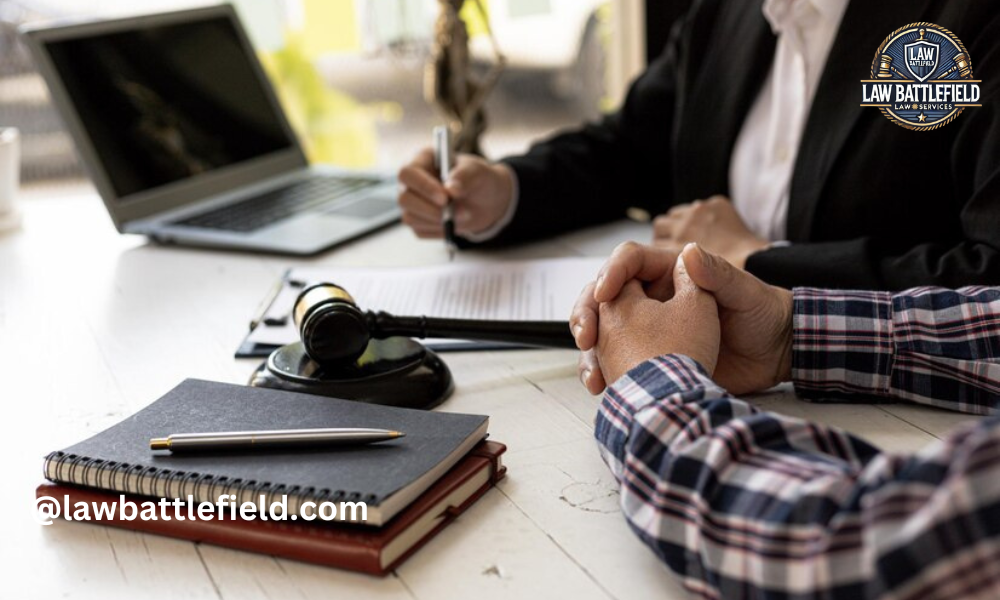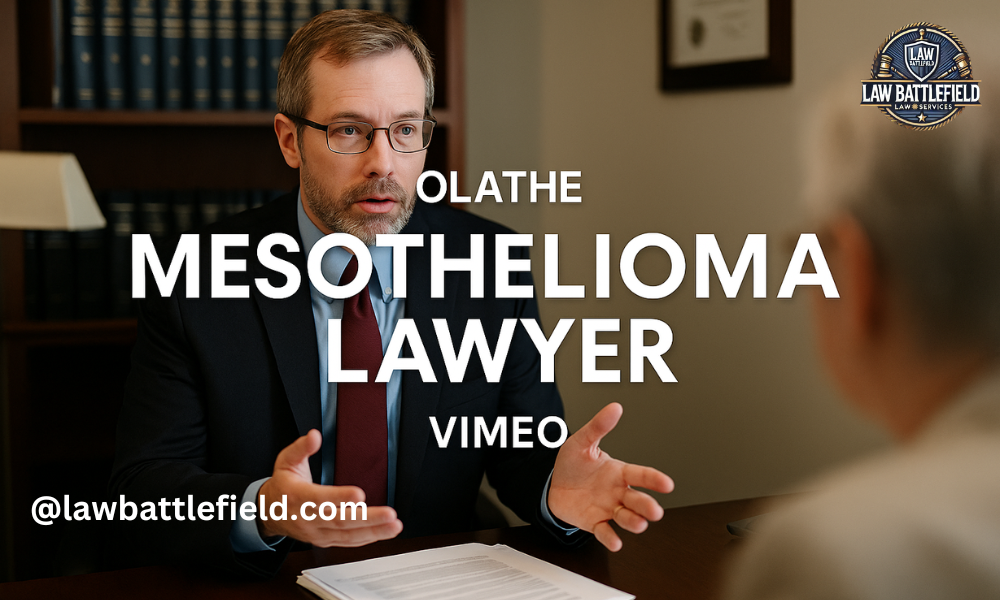Fraud can be financially devastating, emotionally draining, and legally complex. If you suspect fraud, knowing when to contact a litigation lawyer is critical to protect your rights and assets. From the experts at Doran Law, here’s a breakdown of key situations when legal counsel is essential and the steps they can take to assist you.
Understanding Fraud: What It Entails
Fraud involves intentional deception for personal or financial gain. It can occur in various contexts, including business transactions, investments, real estate deals, and employment relationships. Common types of fraud include:
- Consumer Fraud: False advertising or scams targeting buyers.
- Corporate Fraud: Embezzlement, accounting fraud, or insider trading.
- Investment Fraud: Ponzi schemes, misrepresentation of securities, or false promises.
- Identity Theft: Unauthorized use of personal information for financial gain.
Identifying the type of fraud you are dealing with is the first step toward resolving the issue effectively.
Signs You May Need A Litigation Lawyer
Certain red flags suggest that it’s time to consult a litigation lawyer:
- Financial Losses with Evidence of Misrepresentation
If you’ve incurred significant financial losses due to false statements, misleading conduct, or fraudulent documents, legal intervention is necessary to recover damages. - Breach of Contract
When a business partner, vendor, or client breaches an agreement under fraudulent pretenses, a litigation lawyer can evaluate your options and pursue compensation. - Complex Disputes Involving Multiple Parties
Fraud cases involving corporations, stakeholders, or multiple jurisdictions require specialized legal expertise to navigate. - Threats to Your Reputation
Fraudulent accusations or scams impacting your personal or business reputation may call for both legal remedies and public relations strategies. - Insufficient Internal Resources
If your organization lacks the expertise to investigate or resolve a fraud allegation internally, a litigation lawyer can fill the gap.
How A Litigation Lawyer Can Help
Litigation lawyers specialize in disputes that escalate into legal proceedings. Their role in fraud cases includes:
- Case Assessment: Evaluating the evidence to determine whether fraud occurred and the potential for a legal claim.
- Evidence Gathering: Collecting documents, witness testimony, and expert opinions to strengthen your case.
- Negotiation and Settlement: Attempting to resolve the issue out of court to save time and resources.
- Representation in Court: Advocating for you during trials, if a settlement cannot be reached.
Their goal is to ensure you are fairly compensated and the responsible parties are held accountable.
When Timing Matters
Fraud claims are often subject to statutes of limitations, which vary by jurisdiction and case type. Delaying legal action can weaken your case or result in lost opportunities for recovery. Contact a lawyer as soon as you suspect fraud to preserve evidence and meet critical deadlines.
Finding The Right Lawyer
Choosing an experienced litigation lawyer is key. Look for professionals who:
- Specialize in fraud-related cases.
- Have a track record of successful litigation.
- Offer clear communication and tailored strategies.
Conclusion
Fraud is not only a breach of trust but also a serious legal matter. Acting quickly and seeking expert legal counsel can mitigate financial losses, repair reputations, and bring perpetrators to justice. If you suspect fraud, consulting a litigation lawyer is a proactive step toward protecting your rights and achieving resolution. By engaging the right legal support, you can navigate the complexities of fraud cases with confidence and pursue the best possible outcome for your situation.
Was this article helpful? Check out more on Lawbattlefield.com
How A Fraud Attorney Can Protect Your Rights: Legal Help For Fraud Cases





